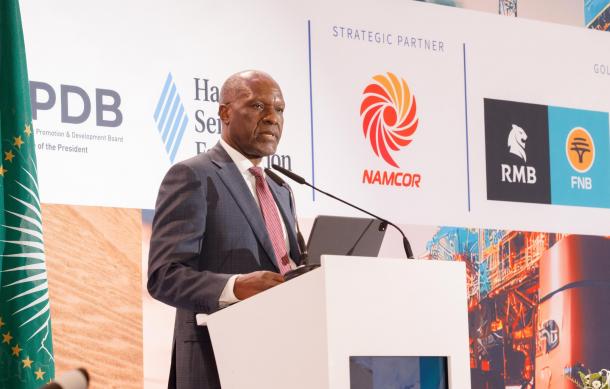
The Ministry of Mines and Energy has vowed to continue conducting due diligence on the applications for new exclusive prospecting licenses (EPLs) and the mining work programme.
Minister Tom Alweendo says this process would ensure that actual exploration takes place and avoid delays in the discovery of minerals.
Currently, the Minerals Act requires EPL holders to possess proven knowledge and money to be able to carry out exploration.
EPL holders are further required to submit a detailed three-year work programme with their applications.
However, the Ministry of Mines and Energy has observed half-hearted approaches towards actual exploration by some license holders.
Minister Alweendo says these approaches lead to delays in the discovery of new and much-needed minerals.
"For us to continue to make sure that the sector continues to be important, we are preoccupied with figuring out how we can accelerate the finding of minerals because if you do not find minerals, you cannot have mines. How do we invite people to mine, actually invite people to do exploration, and how do we make sure that they do exploration so that they actually do discover minerals and start paying revenue to the state? The other thing is value addition, so that is something that we do to make sure that mining still takes place, but we are adding value to those minerals."
The year 2024 looks promising for Namibia's mining sector, as several mines are in the process of recommencing operations and others are expanding.
The mining operations are primarily with existing ores and stockpiles.
The new and emerging industries of oil and green hydrogen are also enlarging the portfolio requirements of the Ministry of Mines and Energy, particularly on the energy side.
"We continue to manage that to make sure that by the time we do production, our systems are such that we are ready to function, such that the public benefits from that resource as much as possible. But the overall question is, How do we get the best out of that?"
Estimates are that the oil and gas production could take up to six years to commence.





